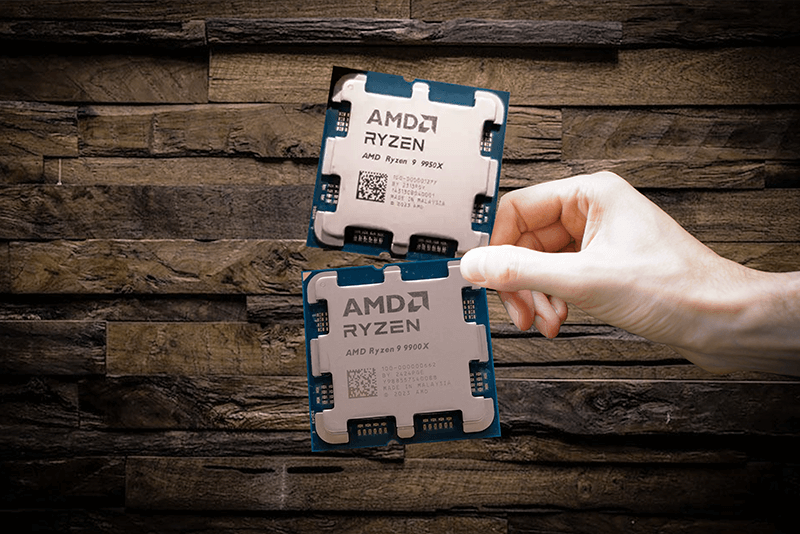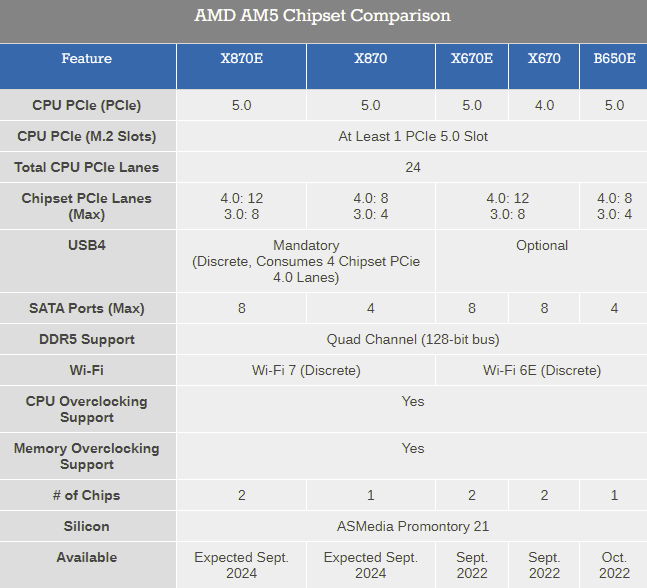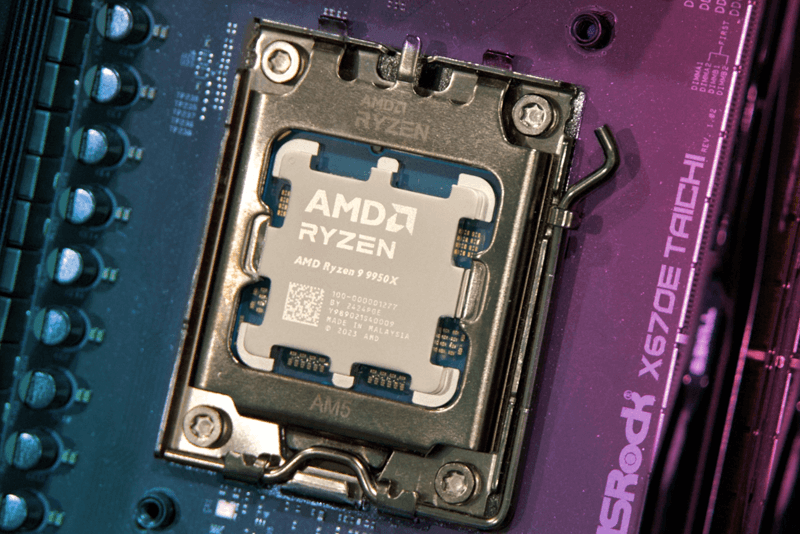
Introduction
AMD’s latest launch of its Zen 5 architecture brought excitement and high expectations, especially with the introduction of the Ryzen 9 9950X and Ryzen 9 9900X. Promised as substantial upgrades over the previous generation, these CPUs were anticipated to deliver impressive performance gains and efficiency improvements. However, early reviews paint a less rosy picture. This post delves into the performance of AMD’s new flagship processors, comparing them with previous Ryzen generations, Intel’s offerings, and exploring their AI performance benchmarks.
Ryzen 9 9950X and Ryzen 9 9900X: Initial Impressions
The AMD Ryzen 9 9950X and Ryzen 9 9900X have been met with disappointment from reviewers. Despite AMD’s bold claims of significant performance leaps with Zen 5, the real-world results fall short. Hardware Unboxed’s benchmarks revealed that the 9950X’s performance is only marginally better than its predecessor, the Ryzen 9 7950X, showing a mere 1% improvement in gaming benchmarks with an RTX 4090. Productivity benchmarks are equally underwhelming, with the 9950X showing a regression in compression and decompression tasks and only a 3% performance increase in other workloads compared to the 7950X.

Performance Comparison: Ryzen 9 9950X vs. Ryzen 9 7950X
Gaming Performance:
- 13-Game Average (1080p, RTX 4090): The Ryzen 9 9950X performs just 1% faster than the Ryzen 9 7950X.
- Gaming Conclusion: Despite the marketing hype, the 9950X does not offer a substantial upgrade over the 7950X, making it a poor investment for gaming enthusiasts looking for significant improvements.
Productivity Performance:
- Compression/Decompression: The 9950X shows a performance regression in these tasks.
- Productivity Tests (Cinebench, Blender, Photoshop): The 9950X provides only a 3% improvement over the 7950X.
- Productivity Conclusion: For productivity-focused tasks, the 7950X remains a better value, and the Ryzen 7 7800X3D often outperforms the 9950X in gaming scenarios.
AI and Inferencing Benchmark Performance
As AI and machine learning become integral to modern applications, it’s crucial to assess how CPUs handle these workloads. Our 2024 benchmarks, which include TensorFlow and DeepSpeech tests, reveal that:
- Ryzen 9 9950X and Ryzen 9 9900X: Both CPUs excel in AI-based benchmarks, surpassing the performance of previous Ryzen generations and Intel’s Raptor Lake in CPU-based tasks.
- Graphics Compute: Although CPU performance is strong, graphics computing remains the primary driver for AI tasks.
Power Efficiency and Performance
AMD’s new Zen 5 CPUs, particularly the Ryzen 9 9950X, have shown some power efficiency improvements. Despite being set to lower TDP levels, the Ryzen 9600X, 9700X, and 9900X outperform their predecessors. However, the 9950X is an exception, reaching the upper limits of its 170 W TDP during intensive tasks.

Power Efficiency Comparison:
- Ryzen 9 9950X vs. Intel Core i9-14900K: The 7950X offers comparable or better transcoding speeds at lower power consumption.
- Ryzen 9600X and 9700X vs. Intel Core i5-14600K/i7-14700K: AMD’s CPUs are efficient but face challenges against Intel’s core count advantages.
Conclusion
The AMD Ryzen 9 9950X and Ryzen 9 9900X, while showcasing some advancements, fail to deliver the groundbreaking improvements AMD promised. The performance gains over the Ryzen 7000 series are modest at best, and in some cases, the older Ryzen 7000 models still offer better value. The anticipated competition from Intel’s Arrow Lake CPUs further complicates the decision for those looking to upgrade.
For users with Ryzen 3000 or Ryzen 5000 systems, the Ryzen 9000 series offers some enhancements but might not justify an immediate upgrade. AMD’s shift to AI and heterogeneous core designs might be a future direction for their desktop CPUs, but for now, the Ryzen 9000 series doesn’t live up to the high expectations set by AMD.


